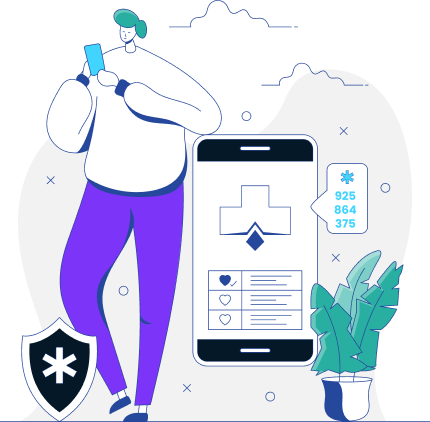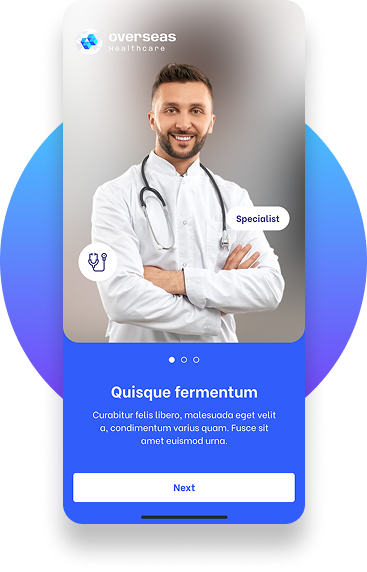Industry Expertise & Patient-Centric Focus:
Our deep understanding of healthcare possesses a strong understanding of the healthcare industry's unique needs and regulations (like HIPAA). We are focused on patient experience, and we prioritise developing user-friendly and intuitive software solutions that enhance the patient experience.
Comprehensive Development Services:
Our Full-Stack Development team offers a comprehensive range of services, from mobile app development to EHR system integration, catering to various healthcare software needs. with our customisable Solutions We understand that one-size-fits-all solutions rarely work in healthcare. They create software tailored to your specific workflows and requirements.
Security & Scalability:
HIPAA Compliance We prioritise robust security measures and ensure all software adheres to HIPAA regulations to safeguard sensitive patient data. Scalable Solutions Their software solutions are designed to scale with your practice, accommodating growth and future needs.
Communication & Collaboration:
Being clear in communication means keeping you informed of ongoing conversations. engaged throughout the development process is our top priority when it comes to the collaborative approach. Understanding your vision and turning it into a successful software solution requires close collaboration between us, which is something we value greatly.
Additional Benefits We Provide:
Experienced Team We boasts a team of skilled and experienced developers well-versed in healthcare software development. Cost-Effective Solutions strives to deliver high-quality software within budget constraints. We offer ongoing support and maintenance services to ensure your software functions smoothly and evolves with your needs.



